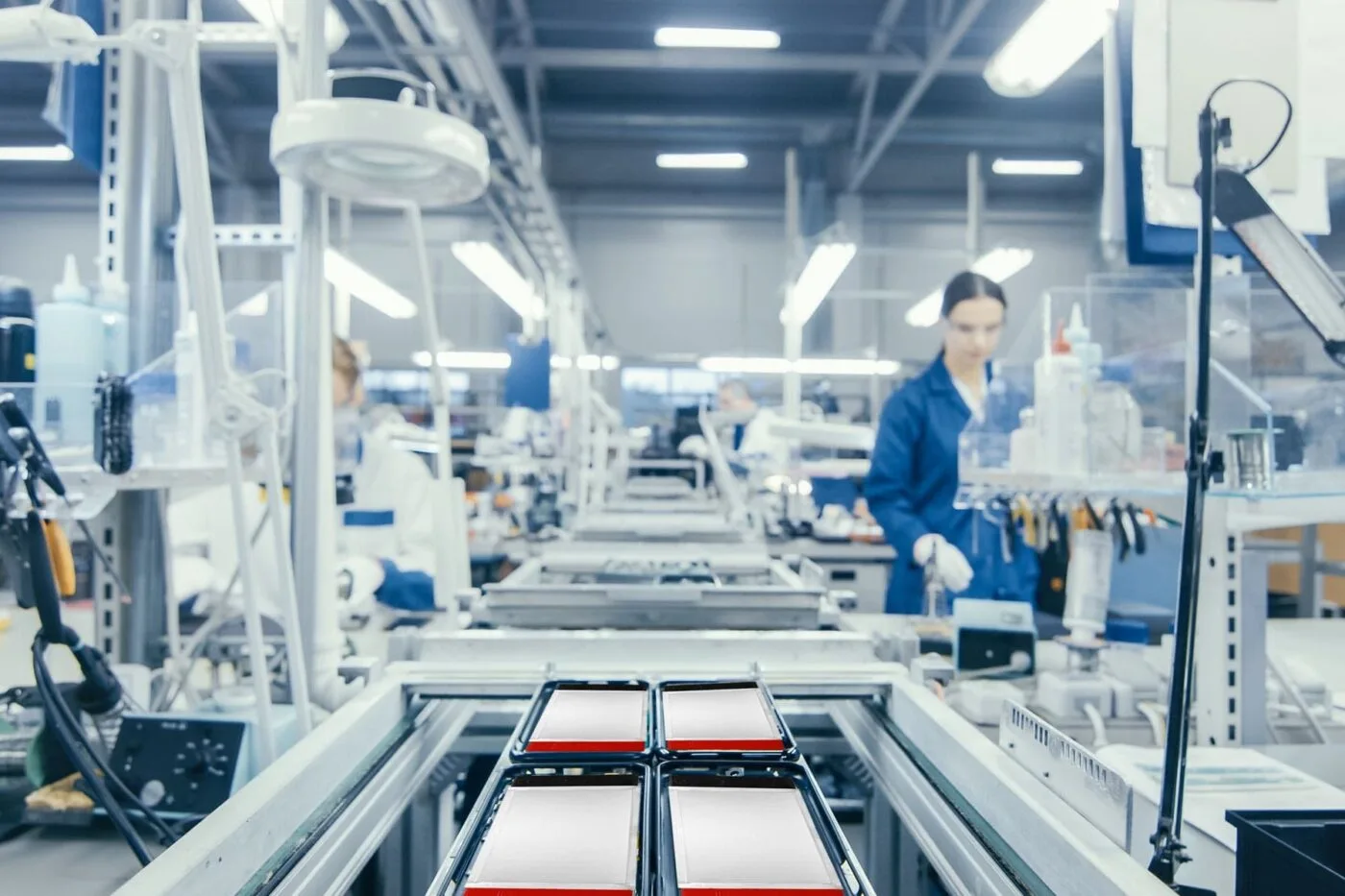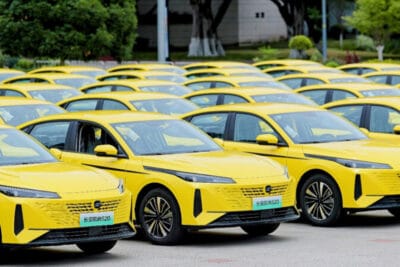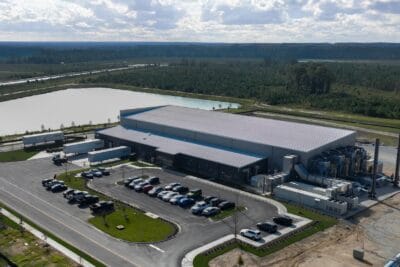Porsche reportedly planning ‘drastic’ cuts at battery subsidiary Cellforce
In the Spring, the executive board of the Stuttgart-based sports car manufacturer officially decided on a strategic realignment of its battery activities. It went onto announce that earlier plans to expand the production of high-performance batteries by its subsidiary Cellforce Group would “not be pursued independently.” This wording left a lot of room for interpretation back in April. Everything from a search for a partner to the liquidation of the subsidiary was conceivable. Der Spiegel now claims to have learned what will happen to Cellforce and, citing its own sources, writes that around 200 of Cellforce’s 286 employees will be laid off – with the authors concluding that “the unit will be almost completely shut down.” A company spokesperson told electrive that Porsche would not comment on the matter.
For context: the Cellforce Group was originally founded as a joint venture between Porsche and Customcells to develop and manufacture customized high-performance cells for Porsche’s electric sports cars. However, Porsche completely took over Cellforce in 2023 and raised its ambitions. Instead of expanding production up to one or two GWh, there was suddenly talk of up to 20 GWh – but this was reversed with the board decision in April 2025.
As Der Spiegel reports, the subsidiary is now facing drastic cuts after the manufacturer had recently been looking for investors. A corresponding mass layoff is said to have been reported to the Reutlingen employment agency today, Wednesday. Only an R&D unit, if any, is to remain at the Kirchentellinsfurt site. The report goes on to say that the workforce will be gathered on August 25 and informed of the details.
With the suspected layoffs at Cellforce, Porsche’s ambitious project to establish its own large-scale battery production facility appears to be falling apart. The subsidiary “did not get beyond a pilot production in Kirchentellinsfurt, funded with €57 million euros of taxpayer money, 70 percent from the federal government and 30 percent from the state of Baden-Württemberg,” according to the authors of the Der Spiegel report. Internally, there is talk of a “ramp down” including liquidation of the facilities.
The reasons for the subsidiary’s looming failure are said to be manifold. Costs rose due to a zigzag course in technical cell design (first pouch cells, then prismatic cells, then round cells were to be built) and expensive “Made in Europe” machines. At the same time, Porsche itself slid into crisis. Weak sales in China are a major factor here. “The continuing challenging market conditions and declining demand in the fully electric luxury segment are impacting development in the 2025 fiscal year,” Porsche stated in the spring. Added to this are the new US import tariffs, which affect Porsche without a US plant for all model series.
All these factors recently led Porsche to lower its forecast for the full year 2025. Instead of sales between €39 billion and €40 billion, the Porsche Executive Board (with new CFO Jochen Breckner) now expects revenues of only €37 billion to €38 billion. The return on sales is expected to be between 6.5 and 8.5 percent, which is not only significantly below the previous forecast of ten to twelve percent, but also far from the company’s own target of 18 to 20 percent return on sales.
In this situation, Porsche’s patience with its loss-making Cellforce subsidiary had apparently come to an end. In the meantime, there were reportedly talks with Northvolt (about a year before its own insolvency) and with the VW subsidiary PowerCo to rescue the company – but without success. According to “Spiegel,” Porsche now faces the threat of having to repay subsidies from the state government of Baden-Württemberg if the worst comes to the worst.
Meanwhile, Porsche has another iron in the fire: V4Smart, the Varta battery subsidiary acquired and renamed by the Stuttgart-based company, recently unveiled its second-generation battery cell. However, this is not a mass-produced product, but a highly specialized round cell. It is set to be launched in two different versions and will contain the new anode material from Porsche partner Group14. It is considered the successor to the previous “booster cell” – with one variant from Porsche being described as a new flagship version for a “broader range of applications” and the second variant being considered a further improved booster cell.
The company cites not only the automotive industry as a potential target group for these battery cells, but also, for example, the aerospace industry and manufacturers of power tools. It is now expanding its focus beyond the automotive sector and targeting industries “that require reliable, high-performance cylindrical cells manufactured to the highest quality standards,” as V4Smart announced last week.
spiegel.de (in German)
This article was first published by Cora Werwitzke for electrive’s German edition





0 Comments